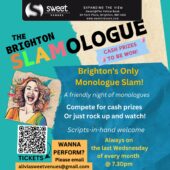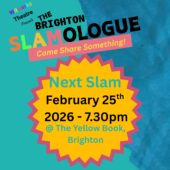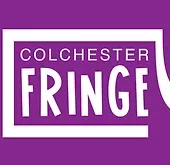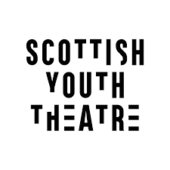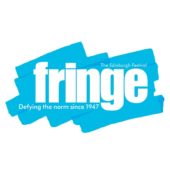Edinburgh Fringe 2025
The Quiet Earth Beneath
Casey Jay Andrews and Jack Brett

Genre: Live Music, New Writing, Poetry-Based Theatre
Venue: Summerhall
Festival: Edinburgh Fringe
Low Down
An earthy and delicate piece about things that vanish; a strange, rich and lyrical exploration of ritual and the underland. Casey Jay Andrews and musician Jack Brett fuse spoken word and urban legend with music and experiments in sound. It’s a descent into the darkness of a cave in South Wales, an attempt to piece together broken fragments of porcelain, and a rite of closure.
Review
Casey Jay Andrews and Jack Brett manage to make one of Summerhall’s larger rather industrial spaces feel as though we’ve been invited into somewhere other worldly, spacious yet intimate, with a ghost light at its centre. Andrews is greeting members of the audience warmly; inviting them to share and record a memory of something they have lost – anything at all – while Brett’s soundscape hums gently in the background. It’s a subtle welcome, like being coaxed into a story before you realise it’s begun.
Andrews uses a cassette recorder rather than a digital device – a small but telling choice. Those clicks and whirrs are evocative, particularly for anyone who remembers making mix tapes. The sound has a texture, a warmth, that feels right for a piece about memory, loss, and connection.
At one end of the space, Brett shapes a powerful but understated score, sometimes adding voice and guitar. At the other end, lights pick out moments of spoken word, the story, lyrical and precise, that forms the central thread of the show. And in the middle, that ghost light: part beacon, part sentinel, calling to mind the chains of signal fires that once carried urgent news across the land.
This is a show about searching – for rituals, for community, for the points of connection between us. Andrews moves between poetry, story and anecdote with ease, never flagging where one ends and the other begins. One moment she is at the mic, held in a tight circle of light; the next she steps away, sharing an anecdote about her own caving experience, before slipping back into the verse.
There is no overt drama, but the piece is deeply theatrical. Every seemingly casual beat is placed with care. The music blends so seamlessly with the words that we almost stop noticing it – which is exactly what it should do.
The combination of Brett’s soundscape, understated lighting, and a breath of dry ice creates a world that feels enclosed, safe, womb-like. We are underground – not just in the physical sense of crawling through the ‘letterbox’ of a cave in the Brecon Beacons (which Andrews describes with the kind of detail that gives me palpitations), but also in the mythic sense: Jules Verne to the Earth’s core, Orpheus to the Underworld, searching for Eurydice, although Andrews prefers the Roman myth of Aeneas, who travels to the underworld to have a heart-to-heart with his late dad.
Some moments are too delightful to spoil by describing them – better discovered for yourself. The whole is balanced by Andrews’ dry, observational humour and her own stories of loss.
An original, exquisitely crafted piece – storytelling infused with quiet magic.
